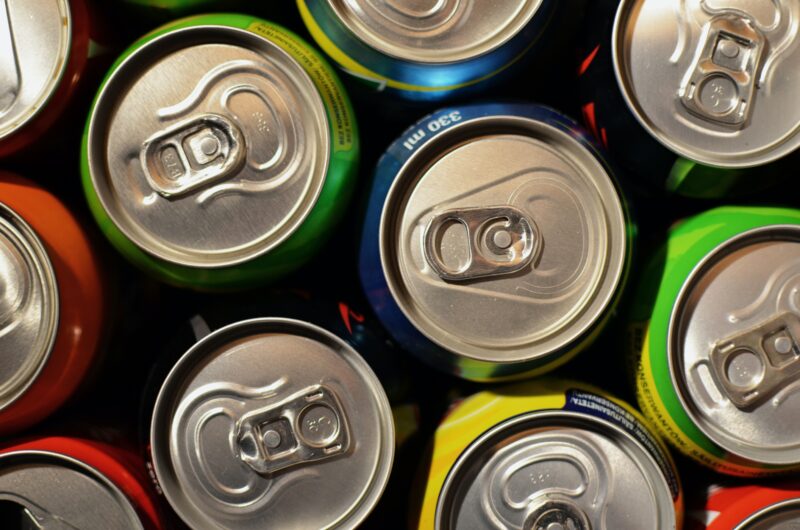New research sparks call for a tax on sugary drinks
A team of researchers have called for a tax on sugary drinks after finding such a levy could prevent more than 500,000 dental cavities and improve general health in 20 years.
The Monash University-led study, published today in the journal Health Economics, found a 20% sugar-sweetened beverage tax – known as an SSB tax – could deliver communities $63.5 million in overall cost savings.


